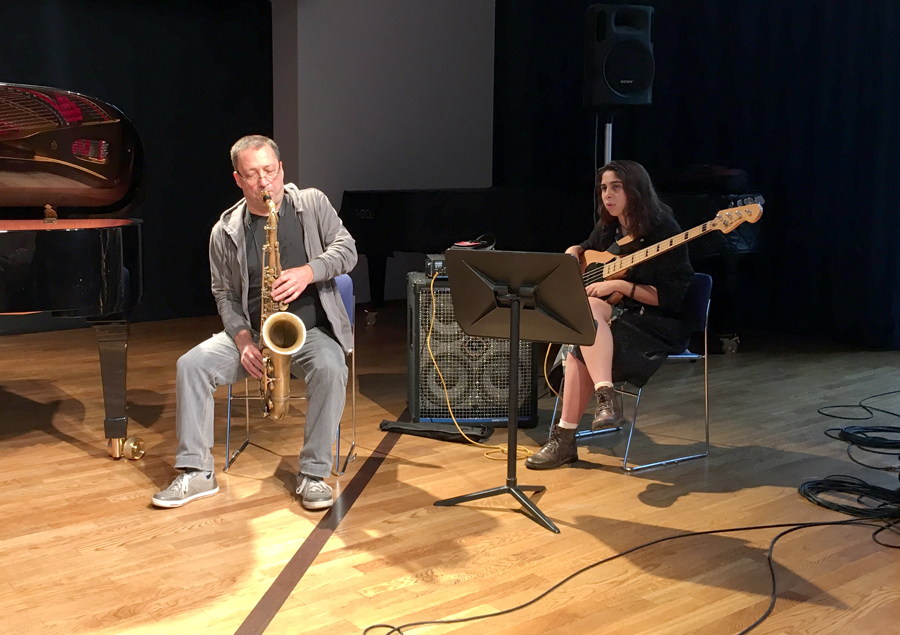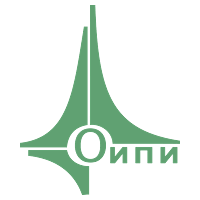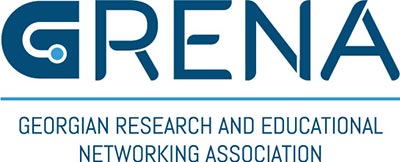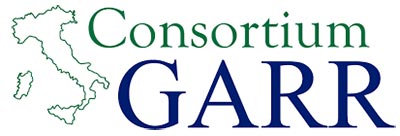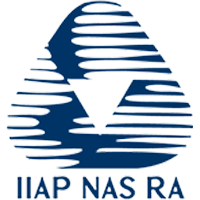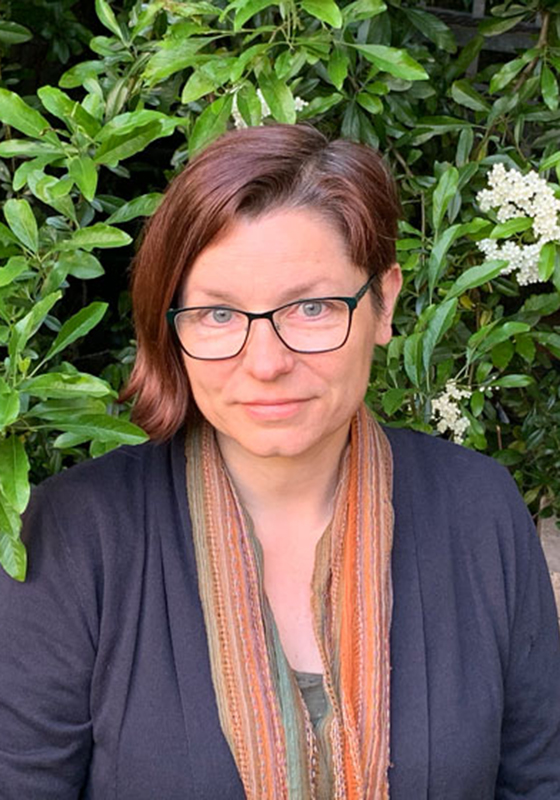Two musicians from Georgia had a rare opportunity to perform in a unique concert in October, thanks to GRENA. Because the Georgian national research and education network (NREN) organisation is a partner in the EU-funded Eastern Partnership Connect (EaPConnect) project, which organised the ‘Music Without Borders’ event along with five international partners, GRENA was asked to invite musicians to represent Georgia. This international collaborative performance was open to an invited audience of ministers and ambassadors from around Europe and showcased technology that was newly introduced in the Eastern Partnership (EaP) region.
Reso Kiknadze – Rector of Tbilisi State Conservatory, composer and saxophonist – and Khatia Koridze, a singer and bass guitarist who is a student at the Paliashvili Central Music School, performed in the National Academy of Sciences in Minsk, Belarus. They played seamlessly together with musicians who were located at the concert venue in Tallinn, Estonia thanks to ‘LoLa’ technology and high-bandwidth research and education internet network links.
The LoLa (Low Latency) audio-visual streaming system enables real-time musical performances between musicians who are physically located in remote geographical sites, connected by advanced network services, such as the ones provided by NRENs and the pan-European backbone network GÉANT.
LoLa provides an opportunity for musicians with unlimited connections, who are thousands of kilometres away from each other. With the support of GRENA we were able to participate in this unique project. By itself this was an interesting experiment, with several meetings in Vilnius and Minsk, where the technical and artistic test was undertaken to this fast network system. It had great success on October 5, when the honorary delegation and guests from the Eastern Partnership Ministerial Meeting in Tallinn attended the concert between Minsk and Tallinn. I am pretty sure that there is a very attractive perspective for further development of this project. Tbilisi State Conservatory is going to be seriously engaged in this project, with support from GRENA, and in promoting its development with partner academies.”
‘Music Without Borders’ was the first time that LoLa had been used in Estonia and in an EaP country. The concert was greatly enjoyed by the audience and demonstrated the power of research and education networks and LoLa technology to support new opportunities for artistic performance, rehearsal, research and teaching in the Eastern Partnership region.
The LoLa technology project was a very interesting experiment for me. By using this technology we managed to play from Minsk to Tallinn. That is a really amazing opportunity for musicians. I think LoLa technology will make our lives much easier; musicians will be able to rehearse together even if they aren’t in the same cities and countries, and lecturers will manage to teach students in other places. I had the chance to get acquainted with amazing musicians from Estonia and Belarus, and had the pleasure to play with them. I hope LoLa and the networks will successfully continue their existence, because it really is a great step to the future.”
Further information
A short video interview with Reso Kiknadze is online. There are also short interviews with the Estonian performers Laura Põldvere, Ivari Ilja and Henry-David Varema. The full ‘Music Without Borders’ event recording is also available as well as a picture gallery. Social media coverage of the event can be found on Facebook and Twitter with #MusicWithoutBorders.
Partners in the ‘Music Without Borders’ collaboration were the national research and education networking organisations in Belarus (BASNET), Estonia (EENet of HITSA), Italy (GARR), Georgia (GRENA), and Armenia (IIP IAS RA), plus the Estonian Academy of Music and Theatre, Tbilisi State Conservatory in Georgia, the Belarus State Conservatory, and the Giuseppe Tartini Conservatory of Trieste in Italy.
The LoLa technology was developed by the Giuseppe Tartini Music Conservatory in Trieste, Italy, in collaboration with the Italian research and academic network GARR.
Currently close to 100 institutions in the world use the LoLa technology. The EaPConnect project, led by GÉANT, funded the new LoLa implementations in Tallinn, in the United Institute of Informatics Problems/BASNET (UIIP NASB) in Minsk, and also in the Institute for Informatics and Automation Problems of the National Academy of Sciences of the Republic of Armenia (IIP IAS RA).
Download the full “Music Without Borders” programme.

